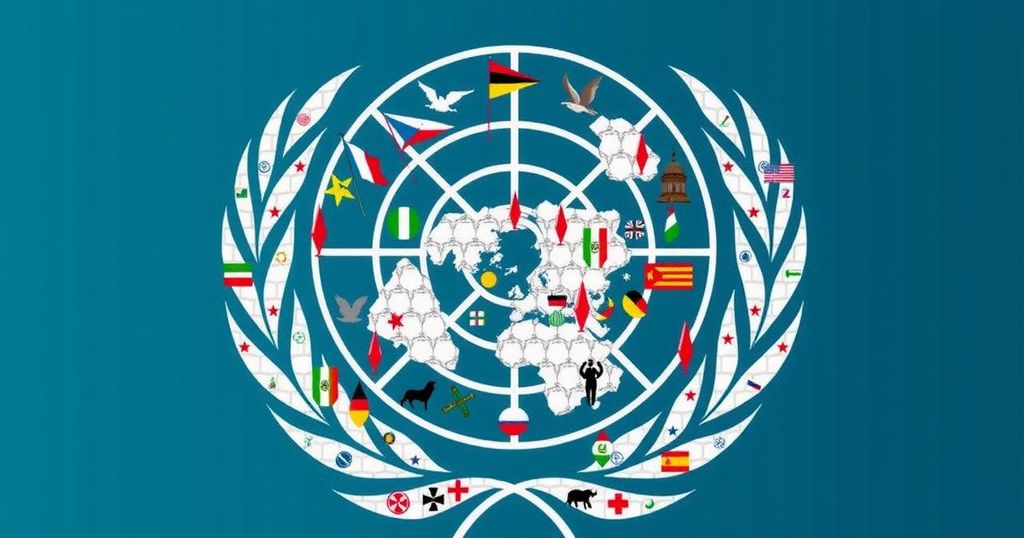UN climate negotiations at COP29 in Baku are in turmoil after developing nations rejected a draft deal for climate finance, which was deemed inadequate. Activists criticized wealthy nations for insufficient contributions, highlighting a growing rift in global climate policy discussions. The need for a more substantial financial commitment remains urgent as negotiations continue under pressure.
At the COP29 U.N. Climate Summit in Baku, Azerbaijan, negotiations fell into chaos as a rough draft proposal for climate financing was overwhelmingly rejected by developing nations. Delegates from African countries and small island states voiced strong dissatisfaction, leading some to walk out in protest. As tensions escalated, climate activists openly criticized wealthy nations, particularly the U.S., accusing them of failing to contribute adequately to global climate funding. With a previously proposed commitment of $250 billion annually by 2035, the draft was seen as significantly inadequate compared to the estimated $1.3 trillion needed, causing frustration among developing countries. Negotiators decried the approach of wealthier nations, likening it to a “war of attrition” that undermines meaningful progress. The discourse surrounding climate finance remains contentious, with a call for a more robust and equitable financial commitment being emphasized by developing nations’ representatives as the summit continues in uncertainty.
The ongoing COP29 climate summit is a critical global forum where countries negotiate measures to combat climate change. Developing countries are advocating for substantial financial aid to adapt to climate impacts and to transition towards sustainable energy solutions. Wealthier nations are historically expected to support these efforts, as established at previous climate accords, notably the Paris Agreement. The financial commitment under consideration this year has drawn sharp criticism for being insufficient, reflecting ongoing tensions in international climate negotiations.
In summary, the COP29 U.N. Climate Summit in Baku faces significant challenges as developing nations reject insufficient climate financing proposals, underscoring the growing divide between wealthy and poorer countries. As negotiations falter amidst rising tensions and activist pressures, the future of the summit’s outcomes remains uncertain. The call for a comprehensive and equitable financial strategy continues to be paramount in fostering collective action against climate change, with many stakeholders expressing doubts about the commitment of wealthier nations to fulfill their obligations.
Original Source: apnews.com






